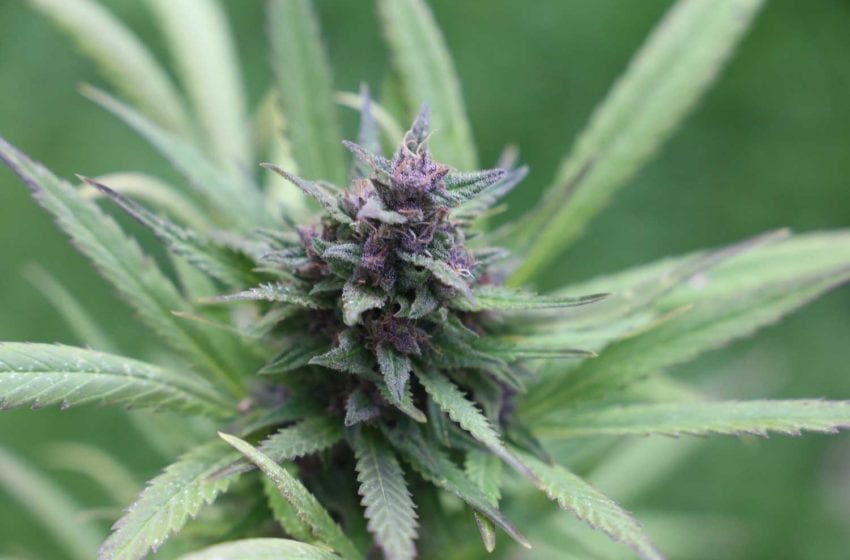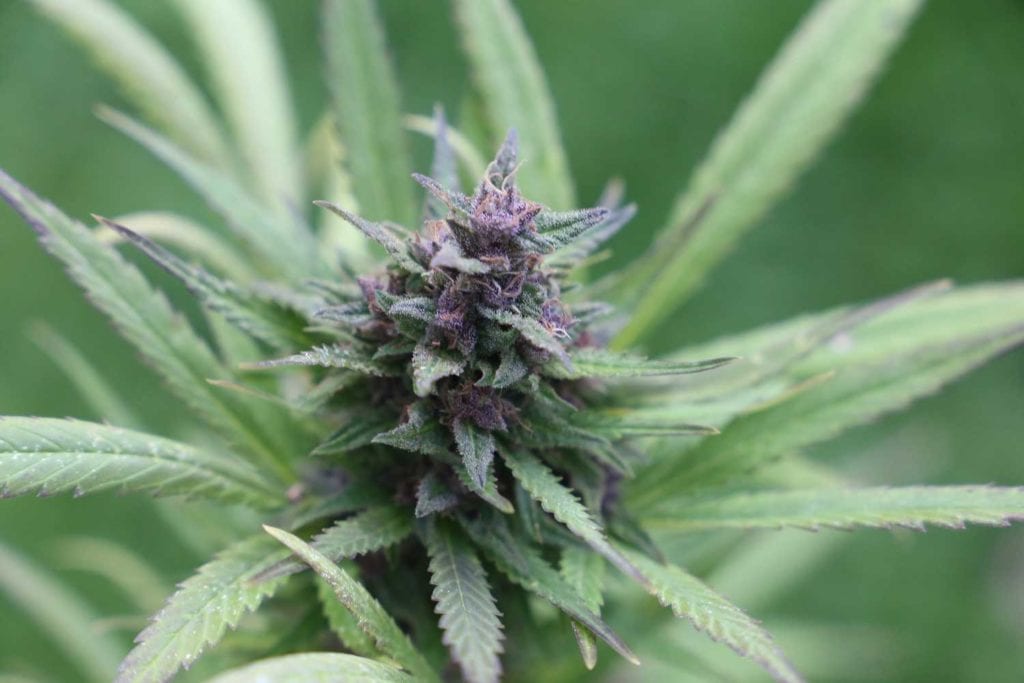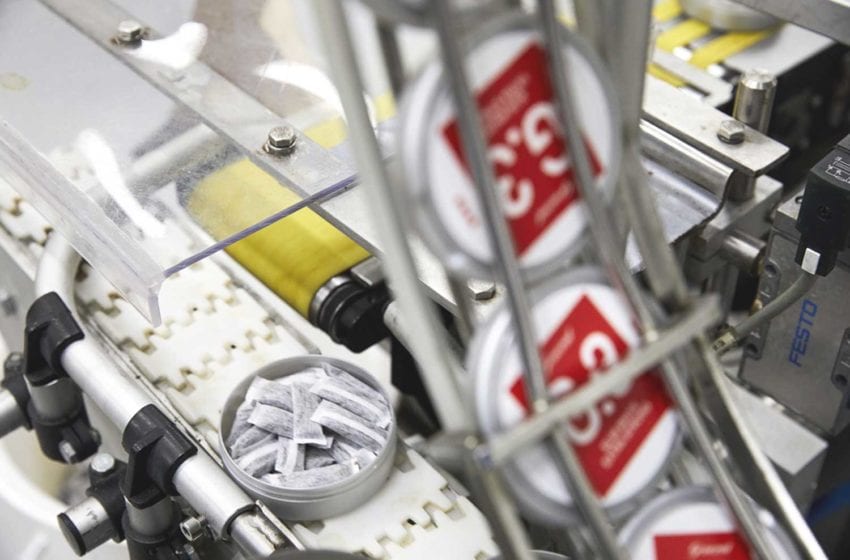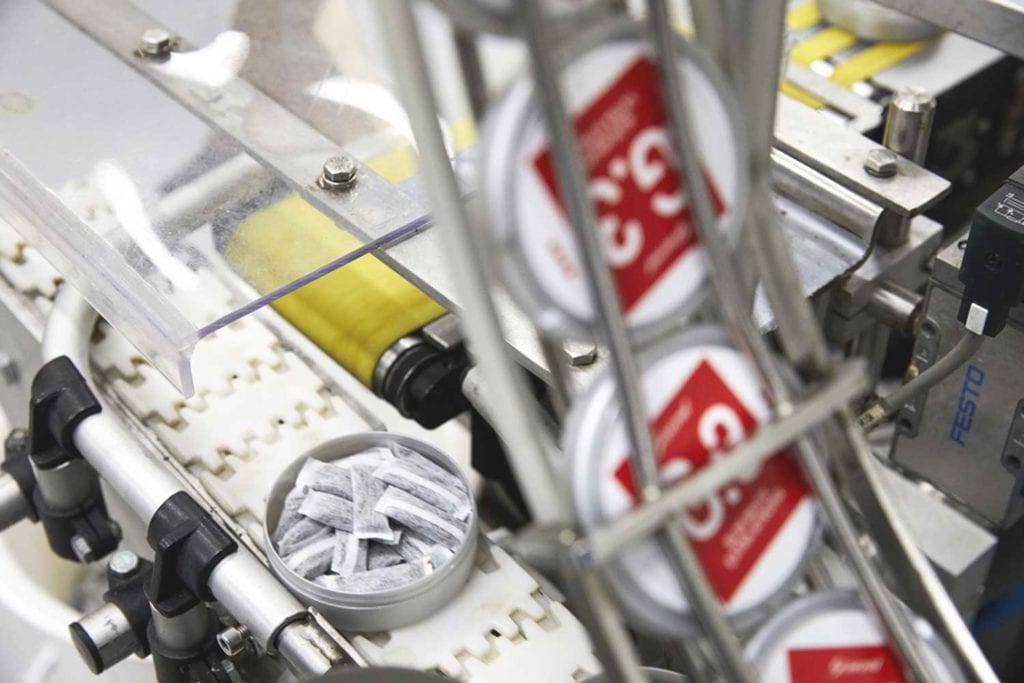
A New York federal judge recently granted Shenzhen Smoore Technology a $5.4 million default judgment and permanent injunction against more than 100 defendants accused of selling Vaporesso and Smoore’s self-branded counterfeit goods.
The default judgment is for $50,000 dollars per defendant and transfers to Smoore the frozen assets of the defaulting defendants. Smoore filed the complaint in October alleging trademark counterfeiting and infringement against defendants located in China but conducting business in the U.S. and other countries by means of their merchant storefronts on some online marketplace platforms. In the same lawsuits, Smoore settled with a significant number of defendant sellers who paid compensation for infringement and cooperated to identify their sources of supply of counterfeit products.
According to Smoore the ruling demonstrates the company’s determination to protect its intellectual property rights in the United States. “It is meaningful for protecting the development of the whole industry toward a healthy direction and providing safe and reliable vaping products for individual customers,” Smoore wrote in a statement.
Smoore has undertaken the lawsuits as part of an overall anti-counterfeiting program in the United States and elsewhere that includes cooperation with customs to seize counterfeit products and local police to arrest owners of and shut down counterfeit operations.
In the United States, Smoore is represented by the law firm Epstein Drangel, which has considerable experience in implementing and overseeing such anti-counterfeiting programs. Smoore says it plans to enforce the default judgment to collect compensation.




















